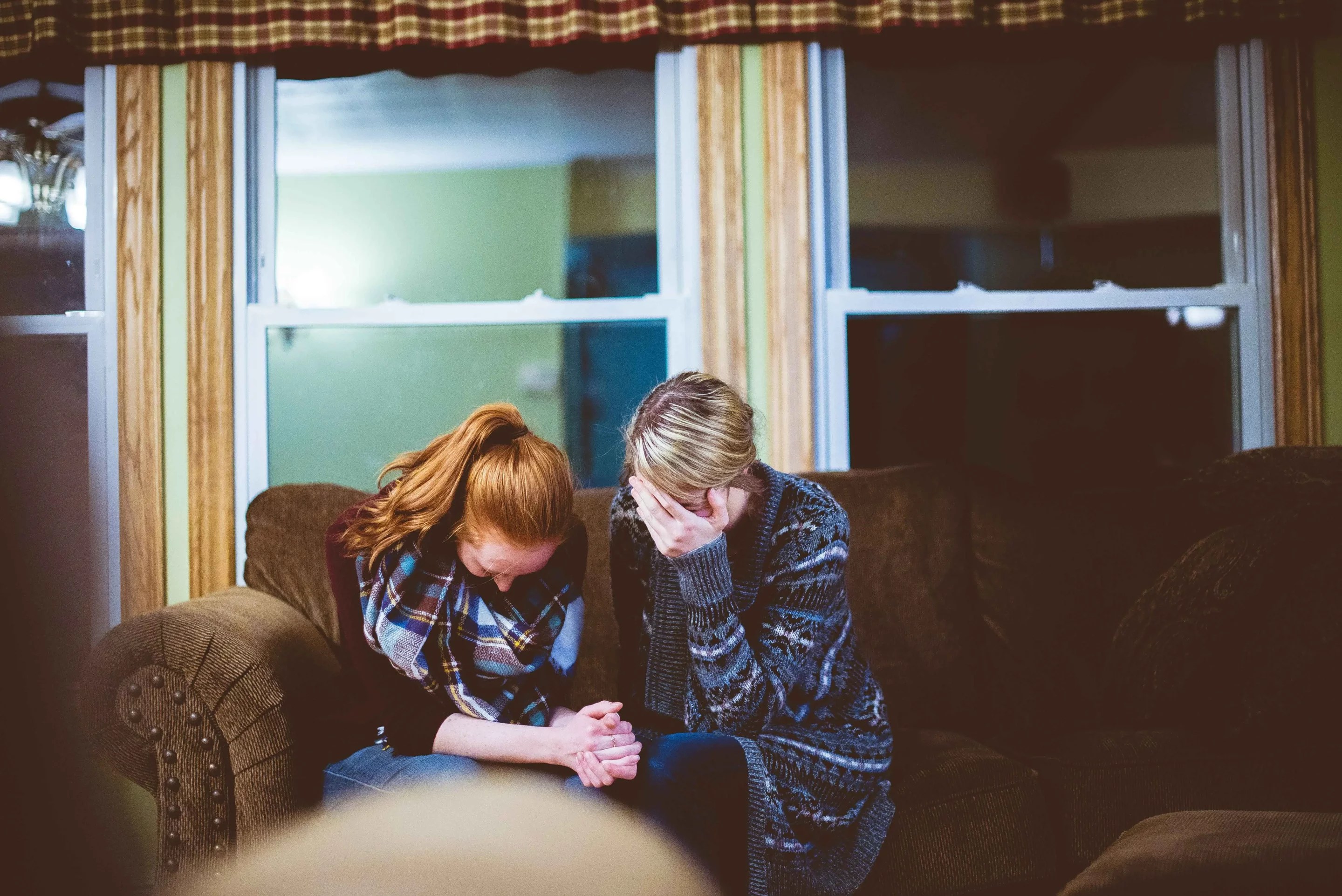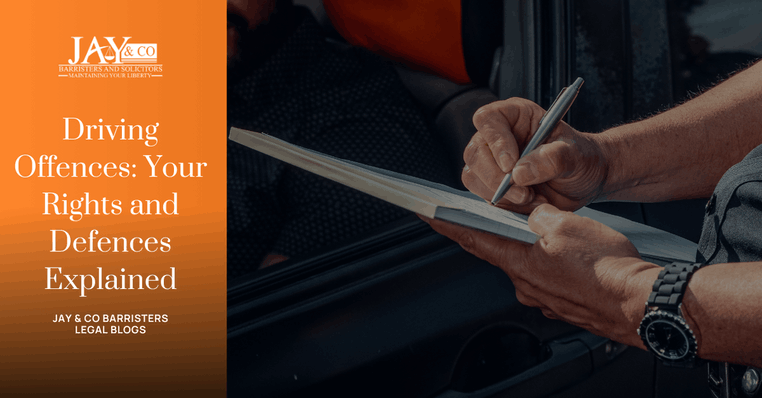We recently represented a client who was charged with criminal damage (s 197(1) Crimes Act 1958), discharge missile to endanger property (s 7(g) Summary Offences Act) and wilful destruction of property (s 9(1)(c) Summary Offences Act) in the context of family violence. The main issue with family violence matters is that parties are always known to each other and will have to give evidence against a family member. However, s 18 of the Evidence Act allows a spouse, de facto partner, parents or child of the accused to refuse to provide evidence for the prosecution. This is an important piece of legislation as it safeguards familial relationships by allowing family members to not have to give evidence against their relative. Furthermore, in cases involving family violence, it is crucial to consider the impact on any children involved. This includes assessing the safety of coparenting arrangements and ensuring that the best interests of the children are prioritized in any legal proceedings. Our legal team worked diligently to ensure that our client’s rights were protected while also addressing the complex dynamics of family relationships and the potential impact on coparenting arrangements.
In this matter, the main prosecution witness was the de facto partner of our client, and we were able to rely on s 18 of the Evidence Act to dissuade prosecution from continuing their case. Another important factor to note was that our client’s partner made a statement of no complainant, which made it easier to rely on s 18 of the Evidence Act. The case ended in the prosecution making a full withdrawal of all charges.
If you have been charged by the police in the context of family violence, please do not plead straight away. It is necessary to always test the evidence of the police and see if they can make out their case. It is for the police to prove their case, which may rely heavily on witness testimony and if witnesses are not available or do not wish to give evidence you may be acquitted of all charges.



